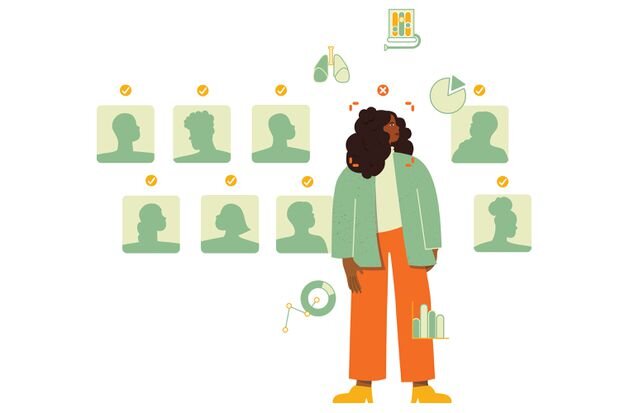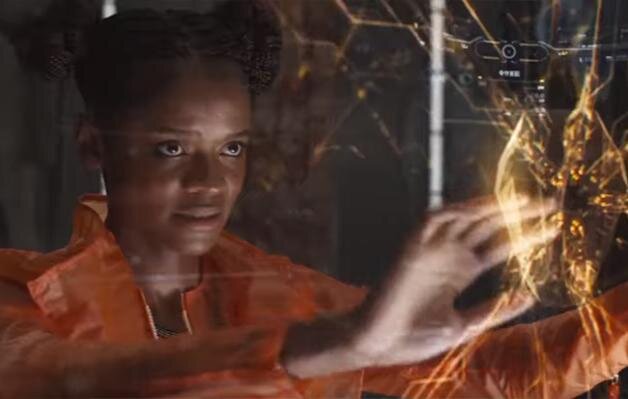Redefine POssible
The Impossible Project centers a learning practice that prepares students for justice work by helping them learn to B.E.N.D: Build true collaboration, Enact collective unlearning, Nurture critical imagining and Discover purpose in and through justice work.
Build True Collaboration
Creating knowledge collectively in an open, critical and caring community, students develop a mode of working together that is mutually transformative, one that is necessary for the sustaining of justice work in and beyond the classroom. True collaboration is the opposite of group work.
Enact collective unlearning
An open, critical and caring community of learners is one in which collective unlearning can occur. Collective unlearning is the work we do together to interrogate the ways in which multiple and overlapping structures of oppression have shaped our thinking, as well as our actions and inactions.
Nurture Critical Imagining
Empowered through unlearning and stronger for working together in true collaboration, students participating in the Impossible Project are prepared to engage their critical imaginaries and to dream just futures and call them into being in the present.
Discover Purpose
Students who learn to work together in true collaboration, who can cultivate and sustain critical imagining, and who are brave enough to unlearn will be well-positioned to discover their purpose and their power as members of present and future collectives capable of bringing about social and planetary justice.
Impossible Projects
Making Computing Anti-racist 2021-2023
Professors in history and computer science and engineering create a unique racial justice curriculum for first-year students using the Impossible Project [IP] methodology.
Collaborators: Kenny Joseph and Atri Rudra (UB Computer Science and Engineering), Kimberly Boulden (PhD, Assessment Consultant) and a cross-disciplinary team of student researchers.
End POVERTY 2021-2023
MBA students from around the world envision solutions to inequality on a global scale using IP methodology.
Collaborators: Dorothy Siaw-Asamoah (UB School of Management).
FORGING
AFRO FUTUREs 2022
First-year college students re-consider the past through the lens of Afrofuturism while supporting the work of an organization dedicated to building black and brown youth and family empowerment in Buffalo.
Collaborators:
crafting utopia
(k-12) 2021
Middle school students imagine and create a just and inclusive world in virtual space using the Impossible Project approach.
Collaborators: Christopher Proctor (UB Graduate School of Education).
Linguistic justice 2022
Students in English 105 work with writing mentors in the Center for Excellence in Writing to imagine a just world in which language is fully liberatory..
Collaborators: Jamie Barber and Rhonda Reid..
What Students Are Saying
“Through the Impossible Project I refined my sense of resilience by becoming familiar with that which is uncomfortable. I consider that a success. This mindset has followed me throughout my educational journey, as I now feel capable of taking on a seemingly impossible task and embracing the failure that comes with it. I feel fortunate to have learned this lesson early on in my educational career, as it has inspired my personal and research interests in pushing myself to the limits of possibility, and then some.”
— Alexis Harrell, Major: Psychology/Sociology (UB)
“…My ideal future is always evolving and changing. It is flexible. And in completing the Impossible Project once, and participating in it a second time, I feel confident in my ability to attack big problems and make a contribution to solving them. I feel less scared and more excited. This style of project really fosters creativity, forcing you to imagine new possibilities and dig deep for existing connections."
— Madeline radel, Major: Environmental Studies (UB)
We all take our best guess at what we will spend the majority of our lives working on when we pick our academic trajectory, which may or may not be right. However, the values and skills instilled in me through the Impossible Project—inclusivity, creativity, effective collaboration, and comfort with failure—can be applied to meeting goals and solving problems of all kinds. I will wield these skills in my fight against global climate change and environmental destruction, while my peers tackle inequities exposed by the COVID-19 pandemic, saving dying languages, or develop novel medical innovations. IP veterans are all bound by our ability to reframe an impossible problem into a possible solution.
Clayton Markham, Civil, Structural and Environmental Engineering
“Here’s something you often don’t learn until it’s too late: learning can be difficult, not just intellectually difficult, but emotionally difficult. The power of the Impossible Project pedagogy is that it helps students build resilience and confidence in the face of tremendously complex issues. In teaching students to fail forwards, the Impossible Project simultaneously helps build confidence and instills a humility that says, “I know I could always do better.” If you ask me, this is the kind of growth mindset we need to revive our decrepit civil discourse. For all these reasons, I’m a better student for my participation in the IP pedagogy, and I’m a more hopeful person for its development.”











